Welcome to PrintableAlphabet.net, your best resource for all points related to Types Of Locks In Dbms In this comprehensive overview, we'll explore the complexities of Types Of Locks In Dbms, supplying valuable insights, involving tasks, and printable worksheets to boost your discovering experience.
Comprehending Types Of Locks In Dbms
In this section, we'll discover the fundamental concepts of Types Of Locks In Dbms. Whether you're a teacher, parent, or student, getting a solid understanding of Types Of Locks In Dbms is important for successful language acquisition. Expect insights, ideas, and real-world applications to make Types Of Locks In Dbms revived.
Niveles De Bloqueo En DBMS Barcelona Geeks

Types Of Locks In Dbms
Locks are used as a means of synchronizing the access by concurrent transactions to the database item Several types of locks are used in concurrency control To introduce locking concepts gradually we first discuss binary locks which are simple but restrictive and so are not used in practice
Discover the significance of understanding Types Of Locks In Dbms in the context of language development. We'll discuss how efficiency in Types Of Locks In Dbms lays the foundation for enhanced reading, writing, and general language skills. Explore the wider influence of Types Of Locks In Dbms on effective interaction.
DBMS DBMS

DBMS DBMS
At the table level there are 5 different types of locks i e Exclusive X Shared S Intent exclusive IX Intent shared IS and Shared with intent exclusive SIX and these locks have already been discussed above
Discovering does not have to be boring. In this section, find a selection of engaging activities customized to Types Of Locks In Dbms students of all ages. From interactive games to innovative exercises, these tasks are created to make Types Of Locks In Dbms both fun and instructional.
Types Of Locks In Dbms YouTube

Types Of Locks In Dbms YouTube
There are two types of lock 1 Shared lock It is also known as a Read only lock In a shared lock the data item can only read by the transaction It can be shared between the transactions because when the transaction holds a lock then it can t update the data on the data item 2 Exclusive lock
Access our particularly curated collection of printable worksheets focused on Types Of Locks In Dbms These worksheets deal with numerous skill degrees, making sure a tailored learning experience. Download and install, print, and enjoy hands-on activities that strengthen Types Of Locks In Dbms skills in an effective and satisfying method.
Two Phase Locking Protocol In DBMS Binary Locks Shared Exclusive

Two Phase Locking Protocol In DBMS Binary Locks Shared Exclusive
Types of Lock Shared Lock S Shared Lock is also known as Read only lock As the name suggests it can be shared between transactions because while holding this lock the transaction does not have the permission to update data on the data item S lock is requested using lock S instruction
Whether you're an educator seeking reliable techniques or a learner seeking self-guided techniques, this area supplies sensible suggestions for mastering Types Of Locks In Dbms. Take advantage of the experience and insights of teachers who focus on Types Of Locks In Dbms education and learning.
Connect with like-minded individuals who share a passion for Types Of Locks In Dbms. Our area is an area for instructors, moms and dads, and students to trade concepts, inquire, and commemorate successes in the journey of mastering the alphabet. Sign up with the discussion and be a part of our growing neighborhood.
Download Types Of Locks In Dbms
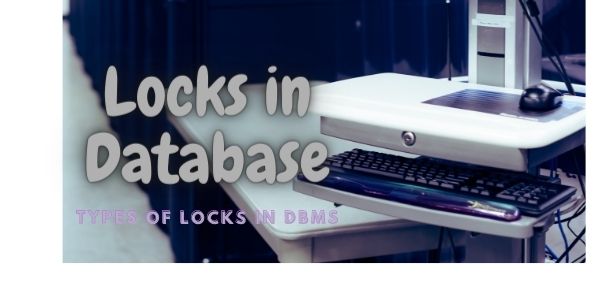



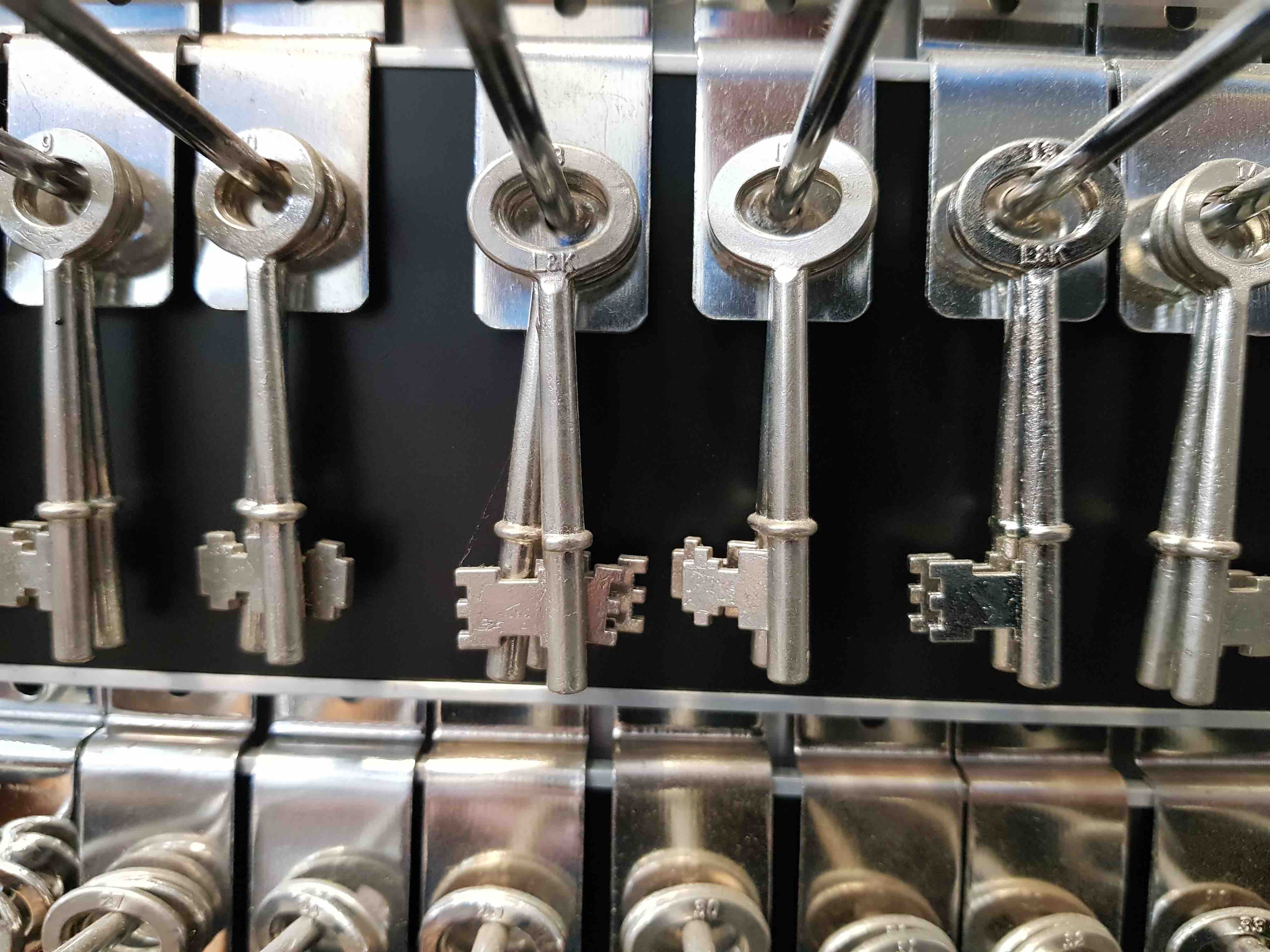

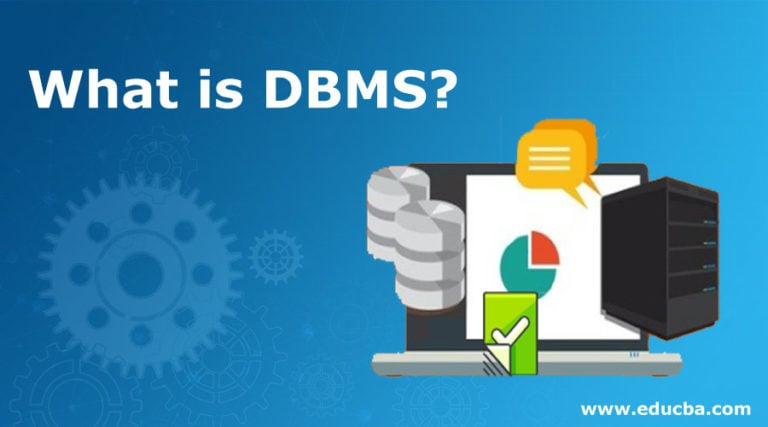

https://ecomputernotes.com/.../type-of-lock-in-dbms
Locks are used as a means of synchronizing the access by concurrent transactions to the database item Several types of locks are used in concurrency control To introduce locking concepts gradually we first discuss binary locks which are simple but restrictive and so are not used in practice

https://www.geeksforgeeks.org/levels-of-locking-in-dbms
At the table level there are 5 different types of locks i e Exclusive X Shared S Intent exclusive IX Intent shared IS and Shared with intent exclusive SIX and these locks have already been discussed above
Locks are used as a means of synchronizing the access by concurrent transactions to the database item Several types of locks are used in concurrency control To introduce locking concepts gradually we first discuss binary locks which are simple but restrictive and so are not used in practice
At the table level there are 5 different types of locks i e Exclusive X Shared S Intent exclusive IX Intent shared IS and Shared with intent exclusive SIX and these locks have already been discussed above

Types Of Mortise Locks And When To Use Each One Five Star Locksmiths

Types Of Locks Lecture Notes 6 7 TYPES OF LOCKS IN DBMS The Locking

Soft CodeOn Locks In Database Types Of Locks In DBMS

Demystifying DBMS Guide To Database Management Systems
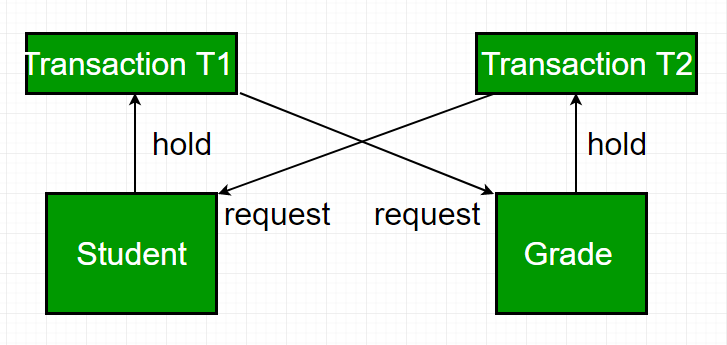
Deadlock In DBMS GeeksforGeeks

User named Locks With DBMS LOCK Jeff Kemp On Oracle Dbms Locks Lock

User named Locks With DBMS LOCK Jeff Kemp On Oracle Dbms Locks Lock
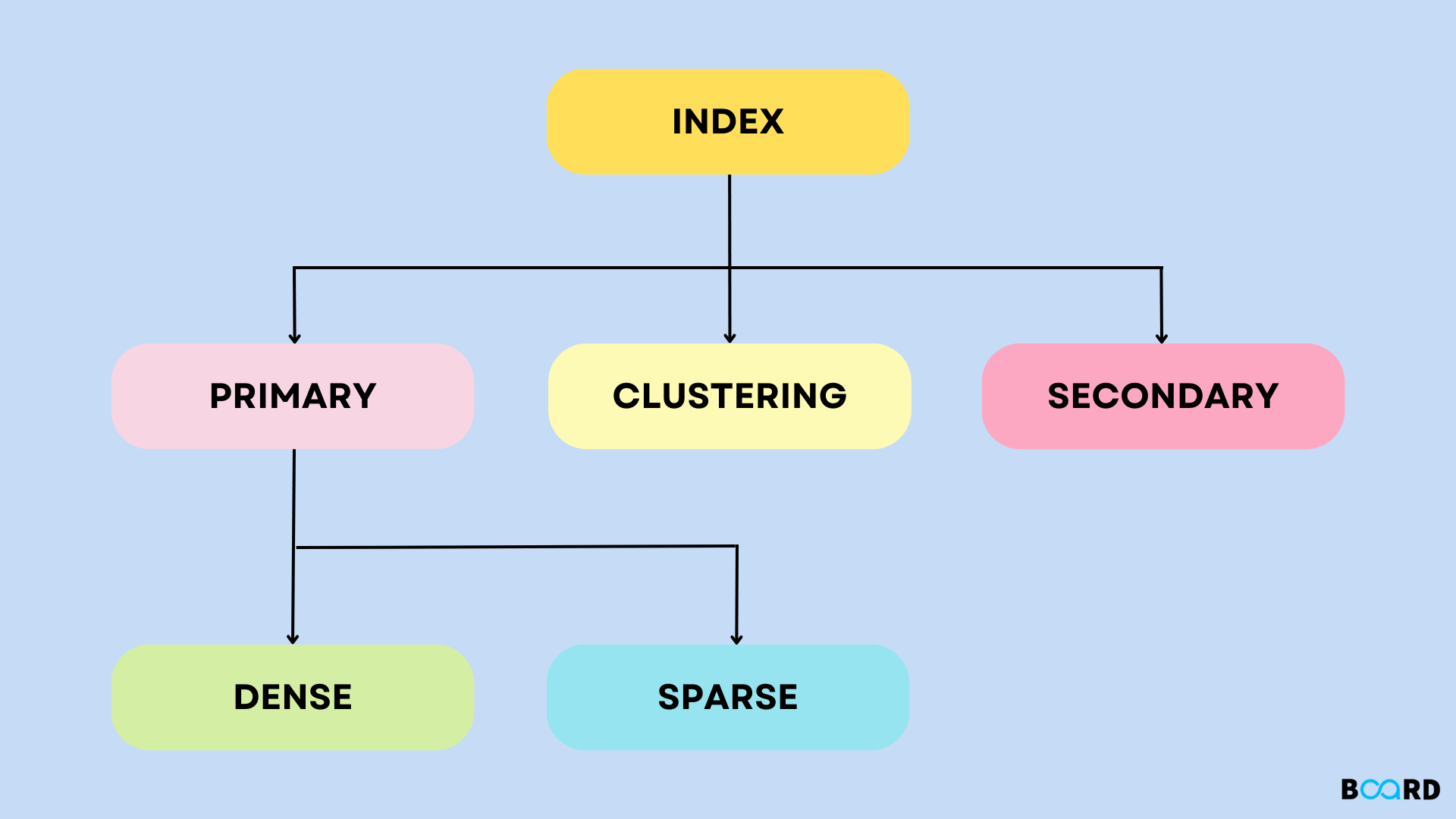
Indexing In DBMS Board Infinity